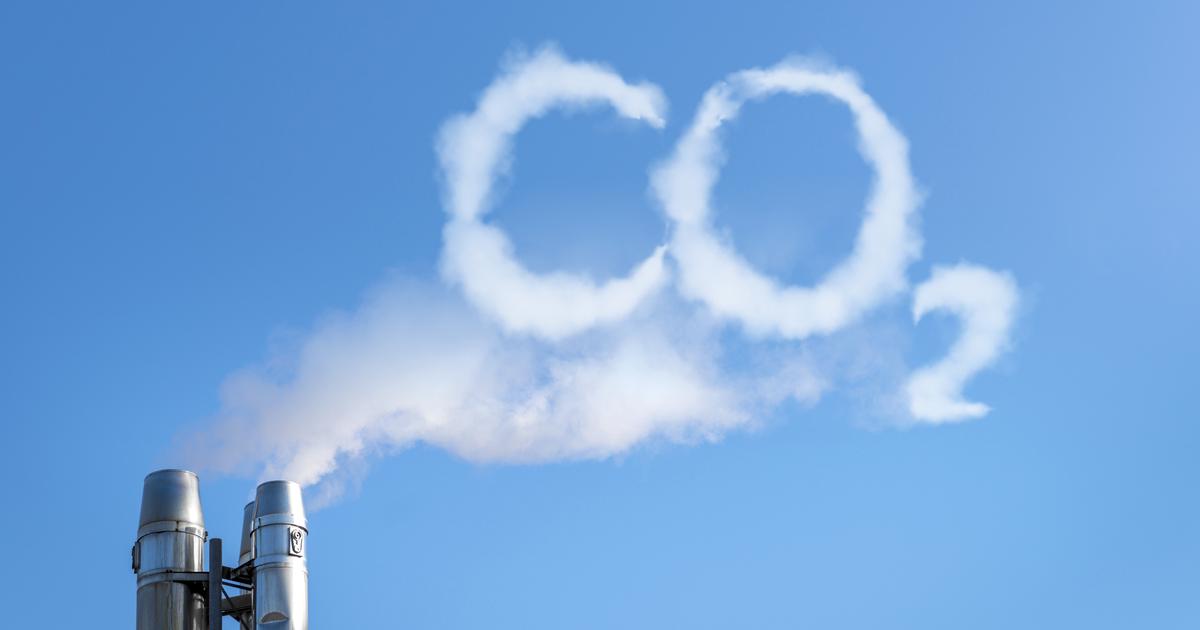European countries live strong protests over measures against covid-19 1:25
London (CNN Business) -
A resurgence of COVID-19 cases in Europe fuels fears that the region's strong economic recovery could be threatened by another harsh winter.
So far, the new wave of covid-19 has only a limited impact on the business activity of the 19 countries that use the euro.
The IHS Markit Purchasing Managers Index, a key indicator of the economy, rose in November after falling to a six-month low in October, according to data released Tuesday.
But expectations for the future are darkening.
Austria announced last week that it will return to national lockdown.
Rising infections in Germany have also raised questions about whether the region's largest economy could re-impose sweeping restrictions.
Business activity
"A stronger expansion in business activity in November defied economists' expectations of a slowdown, but is unlikely to prevent the euro zone from experiencing slower growth in the fourth quarter, especially as rising virus cases appear to be it will cause further shocks to the economy in December, "said Chris Williamson, chief business economist at IHS Markit.
Consumer confidence in the euro zone fell "sharply" in November, according to the European Commission.
IHS Markit reported that this month's company expectations for future economic output "deteriorated to the lowest level since January."
Germany's Health Minister says that by the end of winter everyone will already be vaccinated, recovered or killed by covid-19
Rubén Segura-Cayuela, an economist for Europe at Bank of America, said more data is needed to assess what restrictions in Europe could mean for the region's economy.
He noted that with each wave of COVID-19 infections, the economic impact has lessened as businesses and consumers learn to cope.
advertising
"We know there will be a reaction, but we don't know if it will be of the same magnitude," he said.
"I would assume that based on what we've seen in the last few months, it will be smaller."
Recovery of Europe
Europe was particularly affected by the pandemic in 2020. Economic output fell 6.3% in the euro zone compared to a 3.4% decline in the United States.
But the region has recovered in recent months as vaccination rates have risen.
The gross domestic product of the euro zone increased by 2.2% between July and September compared to the previous quarter.
Much now depends on how the situation unfolds in Germany, said Jessica Hinds, an economist for Europe at Capital Economics.
She believes it is "plausible" that Europe could stagnate by the end of the year if its largest economy goes into lockdown.
"We are likely to see some impact on economic activity just as the increase in the number of cases makes consumers more fearful and governments demand stricter covid approval for various activities," Hinds said.
Starting Wednesday, German employees must present a negative covid test, their vaccination status or proof of virus recovery in order to go to work.
If they cannot work from home, they may not be paid.
And from Saturday, Berlin will ban unvaccinated residents from hotels, restaurants, bars and shops, with the exception of supermarkets and pharmacies.
Ireland, which has one of the highest vaccination rates in Europe, imposes restrictions due to increasing cases of covid-19
The manufacturing sector in Germany also remains under pressure as supply chain problems continue to rattle automakers and other producers.
Slowdown but there are positives
In addition to coronavirus cases, Europe is dealing with the effects of an economic slowdown in China.
As well as rising inflation and the energy supply crisis that could drive up costs for businesses and make home heating more expensive this winter.
That could affect overall consumer spending.
Segura-Cayuela said some positive elements of the recovery are still developing.
The excess savings accumulated earlier in the pandemic, for example, is helping to mitigate the damaging effects of inflation on people's incomes.
"There are still reopening forces that help growth in the short term," he said.
Covid-19









